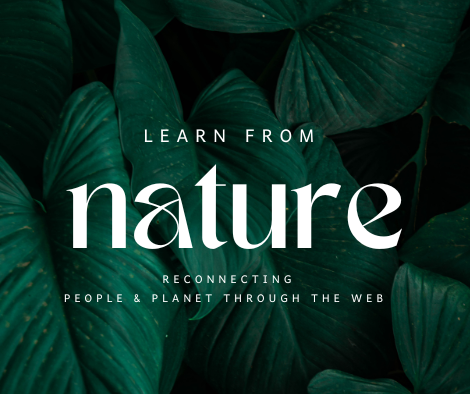

- People have been raising the alarm over habitat and biodiversity loss for decades, but solutions have so far failed to effectively address the problem.
- A new report, “Guidelines for Conserving Connectivity through Ecological Networks and Corridors,” suggests greater consideration of connections between protected areas is part of the solution.
- Ecological corridors on land, freshwater and in the sea are a critical conservation designation needed to ensure that ecosystem functioning and ecological processes are maintained and restored.
- ( source – https://news.mongabay.com/2020/08/in-the-fight-against-biodiversity-loss-connectivity-is-key-commentary/ )
It is no secret that habitat destruction and fragmentation are the leading causes of biodiversity loss worldwide, and climate change is only making it worse.
Species blinking out, shrinking populations and significant range contractions caused by human activities have negative impacts on biodiversity as well as ecosystem functions and services. Extinction events have happened before in our Earth’s history, but this time, they are happening much faster.
Concerned scientists, citizens and governments have been raising the alarm over habitat and biodiversity loss and related issues for decades. Solutions, including designation and creation of protected areas, have so far failed at effectively addressing the problem. Haphazard placement and lack of strong management are among the reasons.
However, my coauthors and I — members of the IUCN Connectivity Conservation Specialist Group — have released new Guidelines for Conserving Connectivity through Ecological Networks and Corridors. These recommendations, the first of their kind, suggest a major shortcoming in conservation to date: lack of consideration for connectivity between protected areas.
( source – The first-ever IUCN ‘Guidelines for conserving connectivity through ecological networks and corridors’ was just released. https://largelandscapenews.org )

